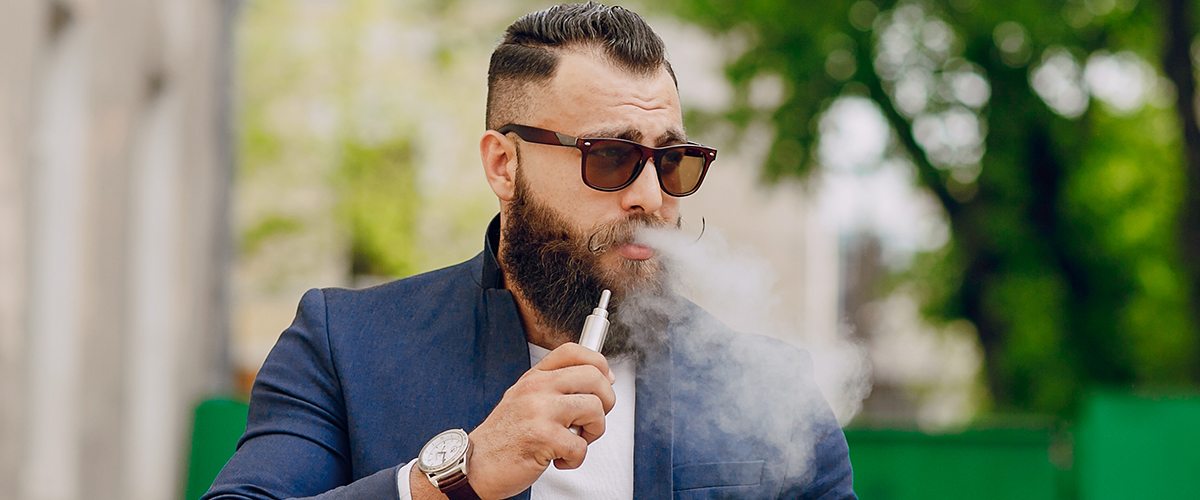[vc_row][vc_column][vc_column_text]
A new study of over 10,000 California cannabis consumers shows that it’s mostly young, well-educated men that are ordering cannabis delivery.
According to a new cannabis consumer study, a majority of those ordering cannabis delivery are young, well-educated, and well-paid males. Eaze, a Bay Area-based marijuana delivery service for medical cannabis consumers, surveyed over 10,000 of its customers to investigate their backgrounds and habits for its “The Modern Marijuana Consumer” study.
While 66 percent of all those who order cannabis delivery were found to be male, women are one of the fastest growing consumer segments in cannabis. A higher number of women than men that consume cannabis reported using the substance every day.
The survey’s findings also reiterate the inaccuracy of common stereotypes that surround cannabis users. Fifty-one percent of cannabis delivery customers have earned a college or postgraduate degree, which is significantly higher than the 39 percent state average. Ninety-one percent of respondents are employed full-time. Nearly 49 percent have a household income of $75,000 or more, with the most common income bracket, at 16 percent of total responses, was $100,000 to $149,999.
The majority of medical cannabis delivery consumers were found to be Millennials (57 percent), born between 1983 and 1995. Gen X customers, born between 1965 and 1982, made up 21 percent of all delivery consumers. Seven percent of consumers were baby boomers, born between 1946 and 1964, while 15 percent were Gen Z, born between 1996 and today.
With a vast majority of consumers self-identifying as primarily medical cannabis users, 58 percent of respondents reported using cannabis daily. Many, it appears, are using cannabis in place of other traditional pharmaceuticals. Among women surveyed, 45 percent have been prescribed antidepressants, but 78 percent have reportedly reduced their antidepressant use because of cannabis, and 28 percent have been able to completely replace antidepressants with cannabis. Ninety-five percent of women that had been prescribed opiates reduced their opiate use with cannabis, and 26 percent were able to eliminate opiates altogether.
Nearly all of the survey respondents – men and women — have reportedly reduced their alcohol consumption because of their cannabis use. Eighty-seven percent say they have reduced their drinking because of cannabis, while more than one in 10 (13 percent) have replaced alcohol with cannabis entirely.
One in five cannabis consumers are parents, and 63 percent of those parents reported that they use cannabis on a daily basis. Eighty percent of all users reportedly consume their cannabis at night.
“It’s not surprising to think that parents are using cannabis every day,” Sheena Shiravi, head of PR for Eaze, told Refinery29. “Think about how often a mom reaches for a glass of wine or takes Tylenol or pain killer for a headache or back pain.”
Two-thirds of all cannabis delivery customers reported themselves as single and never married, compared to 27 percent of consumers who are married or in a domestic partnership.
Participants in “The Modern Marijuana Consumer” study responded to a 32-question survey. You can read more about the study’s entire results, here.
Medical cannabis has been legalized in 29 U.S. states. Eight states have also legalized marijuana for recreational use.
Learn more about U.S. cannabis laws through our education page. Keep up with the latest developments in the cannabis industry by visiting our news feed.[/vc_column_text][/vc_column][/vc_row]






